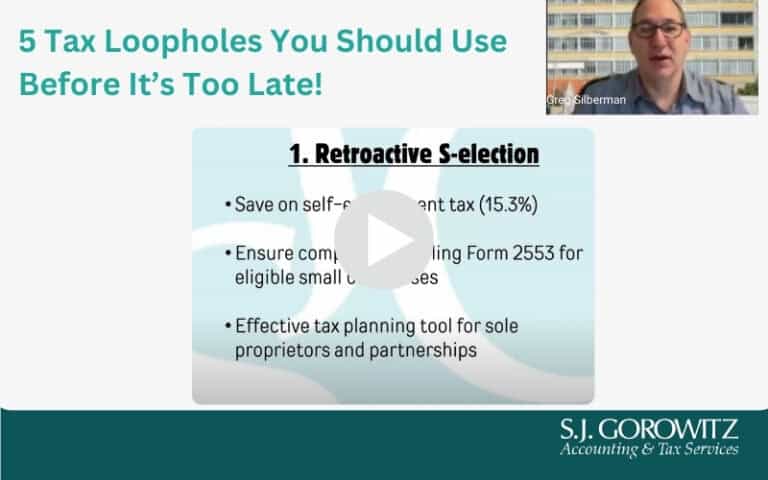With the Inflation Reduction Act of 2022 allocating substantial funding to the Internal Revenue Service (IRS) for tax enforcement activities, the IRS has made no secret that it will scrutinize high wage earners, wealthy taxpayers and corporations in a new compliance push.
The agency is expected to hire scores of additional enforcement agents and implement new investigative technology in the upcoming fiscal year. Like many organizations, the IRS is jumping on the artificial intelligence (AI) bandwagon, utilizing AI to better detect tax cheating and compliance threats.
Wealthy Taxpayers and Businesses Beware
IRS Commissioner Danny Werfel said in September this year that the new compliance campaign “makes good on the promise of holding our wealthiest filers accountable to pay the full amount of what they owe.”
As part of this major expansion in compliance work, the IRS says that it will intensify its focus on taxpayers with total positive income above $1 million who have more than $250,000 in recognized tax debt. With the help of AI, the IRS expects to identify noncompliance in the areas of partnership tax, general income tax and accounting, and international tax. For example, the IRS has identified that some partnerships with over $10 million in assets have shown large discrepancies between end-of-year balances and the following year’s beginning balances. Many of these taxpayers did not attach required statements explaining the difference.
There also will be more scrutiny placed on Report of Foreign Bank and Financial Accounts (FBAR) violations, as well as taxpayers who are using complex pass-through structures, including partnerships, LLCs and S corps.
Best Practices for Avoiding Audits and IRS Scrutiny
With this new compliance push coming, it’s wise to be as prepared as possible. In our experience, there are best practices that can keep businesses on track before an audit can even become an issue.
- File your taxes accurately and on time. Late or incomplete tax filings can increase the possibility of being audited or investigated by the IRS. Not filing tax returns at all or misreporting income, credits and deductions are other major red flags that will attract the IRS’s attention.
- Respond to IRS inquiries in a timely manner. An IRS notice has specific instructions about what you need to do to respond to it, including sending additional documentation or supporting materials. It’s best practice to enlist an experienced CPA who can recommend next steps for responding to the notice and determining if any additional taxes, interest and penalties are due.
- Keep your tax documents organized and retained properly. The IRS recommends organizing tax records by year, then type of income/expense. A summary of transactions should also be included in each year’s file. The IRS will be looking for documents that support the income, credits and deductions claimed on a return. These documents and other tax records must be retained for a minimum of five years from the date of filing or due date of the returns, whichever is later. However, it’s best practice to keep supporting tax documents for at least seven years.
- Make sure your business entity documents are in order. Businesses must permanently retain corporate legal records such as annual reports, stock ownership and transfers, and business licenses and permits. In addition, it’s imperative to keep all documents related to material events such as the sale of business interests, real estate transactions, and mergers and acquisitions. A competent business advisory firm working on your behalf can help you respond to questions about company structure and ownership.
S.J. Gorowitz Accounting & Tax Services has helped businesses that have experienced an IRS audit before and don’t wish to go through it again. In situations involving a tax question or challenge, S.J. Gorowitz Accounting & Tax Services provides professional representation and negotiation so that clients may avoid the stress of an audit and receive a positive outcome.
























